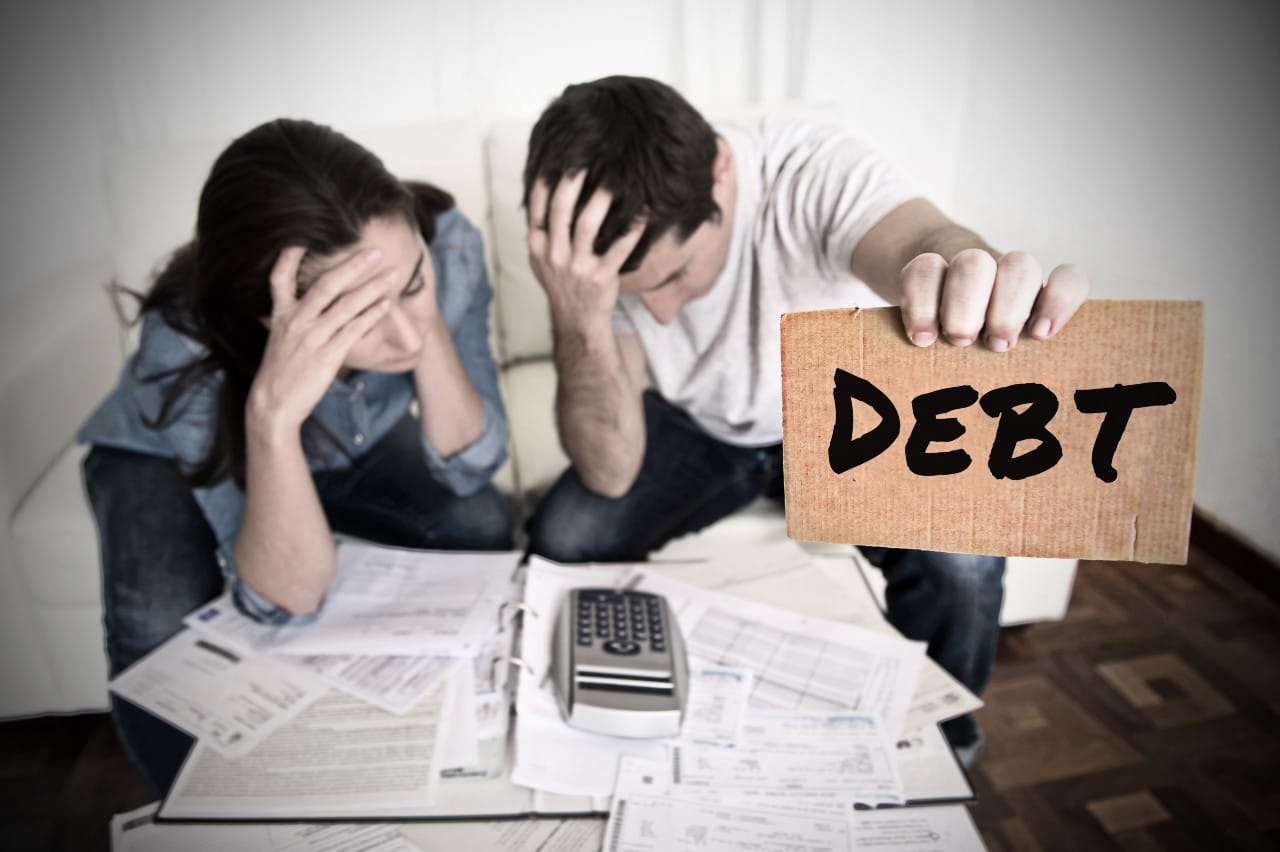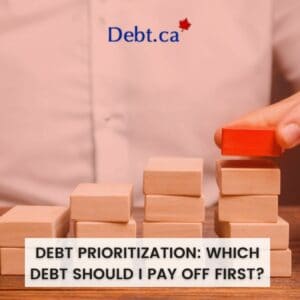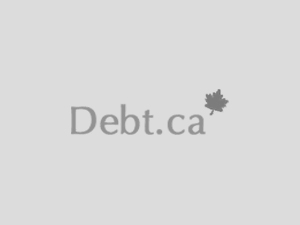Consumer debt in Canada reached a troubling $2.56 trillion. Accordingly, many Canadians owe money and could use debt repayment tips in general. The debt of the average Canadian consumer varies greatly depending on the province and age. However, the national average, excluding mortgages, amounts to $21,931 in Q4 of 2024.
This is a 2.98% increase over the same period in 2023. Though it may seem impossible to dig out from under a mountain of debt, there are ways to reduce it. Like goals, a plan is the best way to get there. Incorporate some of our tactics into your plan to decrease the time it takes to become debt-free.
Tips to Become Debt Free for the Long Term
- Among the most important debt tip is to stop adding to existing debt. The highest interest rates we see come from credit cards and personal loans so cease if you can.
- Calculate your debt-to-income ratio. Some debts, such as mortgages, are unavoidable. Credit card debt and car loans are more avoidable types of debt. Minimize your debt payments by not borrowing more money.
- The ratio of recurring payments, such as credit card minimum payments, to gross income, should not exceed 35 percent. The only way to lower this ratio is to increase income or lower debt.
- Put any extra money you earn towards outstanding debt. Sources of extra income may include quarterly bonuses, second jobs, or gifts.
Talk to Your Creditors
- First and foremost, don’t wait. Once you start struggling financially, call your creditors to talk over options. The sooner you call, the more options you’ll have at your disposal and the more likely creditors will be willing to help.
- One of the most important tips to pay off debt involves contacting your credit card company. Add up the number of credit cards you have and calculate the interest. Reach out to your lenders to attempt to lower your interest rate. Some may work with you if you explain your financial situation.
- If you have difficulty making payments, contact creditors and tell them how much you can afford to pay each month. Ask to speak to a supervisor, and get all the new agreements in writing before proceeding with a new payment plan. Don’t wait on this step. The sooner you call, the more options you’ll have at your disposal and the more likely creditors will be willing to help.
- Debt reduction tips include creating payment methods that spotlight actual spending. Create a monthly budget, and follow it.
- Experts advocate for the various debt management methods below. Each helps you become more aware of your spending and offers a strategic approach to paying off debt.
Seek Professional Help
Canada is fortunate to have a number of debt relief professionals who can provide debt repayment tips and expert advice.
- Consulting a credit counsellor may benefit you in several ways. Credit counselling will help you explore various options for debt relief and give you tips to pay off debt.
- A debt relief professional might recommend debt consolidation, which groups many loans into one monthly payment. Advantages include lower interest payments, lower total monthly payments and simplification of the bill-paying process.
- Alternatively, a debt relief professional may recommend debt settlement. It’s a program in which creditors agree to cut credit card debt in exchange for a one-time payment. The professional can lay out a budget for the consumer and negotiate a settlement with creditors.
Bankruptcy or Consumer Proposal
Consumer Proposals are legally binding agreements coordinated by a Licensed Insolvency Trustee that drastically cut down the amount of debt you owe. How much debt you will still be obligated to pay back depends on how much debt you owe and your income. Your credit score will be impacted, but you will be able to retain your assets.
Bankruptcy exists as a last resort for some consumers, depending on the amount of money owed. Though your credit will be damaged for several years, your debt will be gone. You can make a fresh start, saving the money you were using to pay creditors.
Continue following as many debt repayment tips to maintain a financially healthy lifestyle.
Final Thoughts
The best debt repayment tips say to not incur any debt at all. However, we live in a world where bank loans, credit cards, and student loans have become a way of life. Following some of these debt reduction tips will relieve stress and pave the way for better personal finance habits in the future.
Getting out of debt on your own can be intimidating. A professional debt relief solution can help. Fill out the debt relief form or call one of our trained credit counsellors for a free consultation on how to get started.



